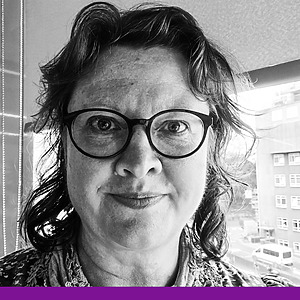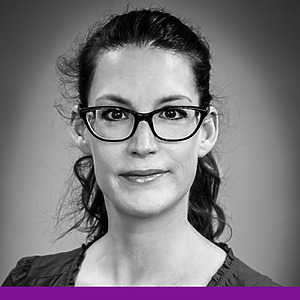ARRIVAL
If you have any questions, please contact Ingrida Liaukonienė: ingrida.liaukoniene@ktu.lt
ARRIVING BY PLANE
Participants may fly to and from Kaunas and Vilnius airports.
Traveling to and from Kaunas airport (in Lithuanian – Kauno oro uostas)
Bus No. 29 connects Kaunas International Airport with the city centre. The journey takes about 45 minutes with the bus timetable being coordinated with flight schedules. A taxi service is available for those who need a speedier transfer. The taxi can be hailed on the streets, called by phone or using mobile App. The average price for one kilometer by taxi is 0,70 EUR or you can use Taxify in Kaunas. Wherever you are in the beautiful city of Kaunas, from Defensive medieval Kaunas Castle to Town Hall Square at the heart of the Old Town Kaunas, Taxify is just a tap of a button away.
Traveling to and from Vilnius airport (in Lithuanian – Vilniaus oro uostas).
From Vilnius Airport there are frequent train and bus connections to Kaunas (please also see below arriving by train and arriving by bus).The journey takes about 1-1,5 hours.
There are several ways to get from Vilnius Airport (VNO) to Kaunas: by bus, train or car. Vilnius Airport is located approximately 100 km from Kaunas and it takes approx. 1 hour to travel by car. By intercity bus or train it takes 1-1,5 hour at a price of 6-10 euros.
Bus tickets and schedule
Train tickets
You can reach bus and train stations in Vilnius from the airport by taxi at a cost of 4-5 eur (see the route here) or by bus No. 1 (the stop is located in front of the airport arrivals hall) for €1 (see the route here).
ARRIVING BY BUS
Local and international bus transfers are provided by Kautra, Eurolines, Ecolines and TOKS. Timetables.
ARRIVING BY TRAIN
Kaunas can be reached easily by train from both Lithuanian and international cities. The railway station is in a convenient location as it takes barely 15 minutes on foot to reach the central city street Liberty Avenue (Laisvės Alėja). For the arriving by train from Vilnius and Vilnius airport, you can purchase train tickets online.
KAUNAS PUBLIC TRANSPORT
Buses, trolleybuses and minibuses. There are two types of tickets: A single use paper ticket and E-ticket (periodic for 3, 7, 30 or 92 days). Trolleybuses and buses run from 4:30 a.m. until 10:30 p.m. Payments for Kaunas city public transport are made with the help of non-contact electronic ticket (CARD) system. You may transfer different sums of money from your e-purse onto the CARD and/or pay for certain kinds of e-ticket (of 3, 7, 30 and 92 days) periodically. You may buy the CARD at the newspaper stands or in the places marked by the special sign “Kauno Viešasis Transportas” (KVT) (Kaunas Public Transport). You must always have your card when getting on the means of transport.
The tickets purchased from the driver do not have to be validated by a ticket puncher. Passengers must get on the bus through the front door and validate e-tickets or buy a single-use ticket from the driver. If there is a possibility, you should get off the bus through the back/middle door. You may check Kaunas public transport routes and schedules here.






